Monday,
Dec 8
Hamburg
12°
Tuesday,
Dec 9
Hamburg
12°
Wednesday,
Dec 10
Hamburg
10°
Thursday,
Dec 11
Hamburg
5°
Friday,
Dec 12
Hamburg
6°
Saturday,
Dec 13
Hamburg
5°
MORE IMPORTANT INFORMATION ABOUT YOUR TRAVEL TO Hamburg
The Train station is located at the center of Hamburg
Hamburg (English: German: [ˈhambʊʁk], locally also [ˈhambʊɪ̯ç] [ˈhambɔːχ]; Low Saxon: Hamborg), officially the Free and Hanseatic City of Hamburg (German: Freie und Hansestadt Hamburg; Low Saxon: Friee un Hansestadt Hamborg), is the second-largest city in Germany after Berlin and 7th largest city in the European Union with a population of over 1.84 million. One of Germany's 16 federal states, it is surrounded by Schleswig-Holstein to the north and Lower Saxony to the south. The city's metropolitan region is home to more than five million people. Hamburg lies on the River Elbe and two of its tributaries, the River Alster and the River Bille. The official name reflects Hamburg's history as a member of the medieval Hanseatic League and a free imperial city of the Holy Roman Empire. Before the 1871 Unification of Germany, it was a fully sovereign city state, and before 1919 formed a civic republic headed constitutionally by a class of hereditary grand burghers or Hanseaten. Beset by disasters such as the Great Fire of Hamburg, North Sea flood of 1962 and military conflicts including World War II bombing raids, the city has managed to recover and emerge wealthier after each catastrophe. Hamburg is Europe's third-largest port.
Source:
WikipediaADDITIONAL INFORMATION ABOUT Hanover
The Train station is located at the center of Hanover
Hanover or Hannover (; German: Hannover [haˈnoːfɐ]; Low German: Hannober) is the capital and largest city of the German state of Lower Saxony. Its 535,061 (2017) inhabitants make it the thirteenth-largest city in Germany as well as the third-largest city in Northern Germany after Hamburg and Bremen. The city lies at the confluence of the River Leine (progression: Aller→ Weser→ North Sea) and its tributary Ihme, in the south of the North German Plain, and is the largest city in the Hannover–Braunschweig–Göttingen–Wolfsburg Metropolitan Region. It is the fifth-largest city in the Low German dialect area after Hamburg, Dortmund, Essen and Bremen. Before it became the capital of Lower Saxony in 1946 Hanover was the capital of the Principality of Calenberg (1636–1692), the Electorate of Hanover (1692–1814), the Kingdom of Hanover (1814–1866), the Province of Hanover of the Kingdom of Prussia (1868–1918), the Province of Hanover of the Free State of Prussia (1918–1946) and of the State of Hanover (1946). From 1714 to 1837 Hanover was by personal union the family seat of the Hanoverian Kings of the United Kingdom of Great Britain and Ireland, under their title of the dukes of Brunswick-Lüneburg (later described as the Elector of Hanover). The city is a major crossing point of railway lines and motorways (Autobahnen), connecting European main lines in both the east-west (Berlin–Ruhr area/Düsseldorf/Cologne) and north-south (Hamburg–Frankfurt/Stuttgart/Munich) directions.
Source:
WikipediaImages of the trains for your trip


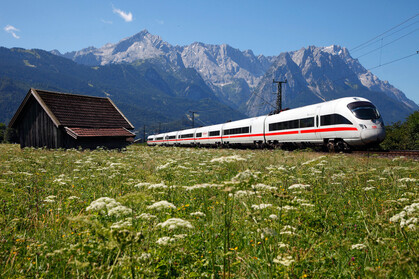

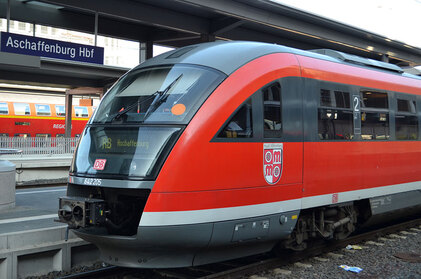







Where Can You Travel With Us?
TAKE A LOOK AT OUR MAP
France
Italy
Netherlands
Luxembourg
Austria
Germany
Belgium
Switzerland
Denmark
Sweden
Norway
Hungary
Czech
Ukraine
China
Active
France, Italy, Netherlands, Luxembourg, Austria, Germany, Belgium, Switzerland, Denmark, Sweden, Norway, Hungary, Czech, Ukraine, China
Upcoming
USA, Canada, Spain, Poland, Japan
Other Train Trips From Hanover

Hanover to Cologne Chorweiler
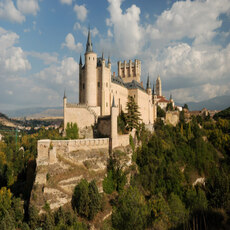
Hanover to Augsburg Haunst
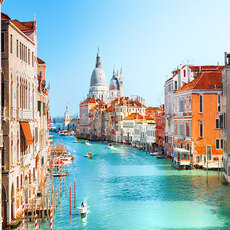
Hanover to Giessen

Hanover to Malente Gremsmuhlen Lutjenburg

Hanover to Stuttgart

Hanover to Mehltheuer

Hanover to Allensbach

Hanover to Bretleben

Hanover to Wilkau Hasslau
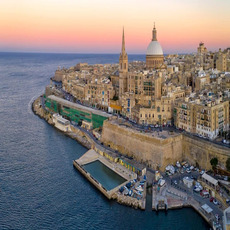
Hanover to Haren Ems DE

Hanover to Quedlinburg
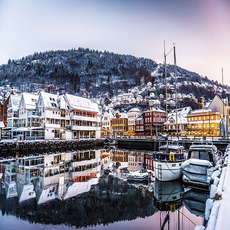
Hanover to Wuppertal

Hanover to Neubiberg

Hanover to Dettelbach

Hanover to Wriezen

Hanover to Frankenthal South

Hanover to Magdeburg Sudenburg

Hanover to Geislingen Steige

Hanover to Bodenburg
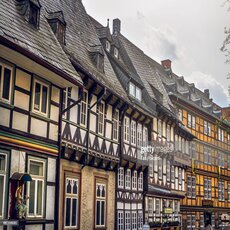
Hanover to Usseln

Hanover to Bamberg

Hanover to Bad Oldesloe

Hanover to Baunatal Guntershausen
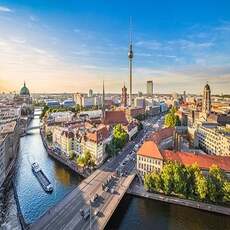
Hanover to Marktredwitz

Hanover to Rosrath

Hanover to Strasburg Uckerm

Hanover to Babenhausen Hess
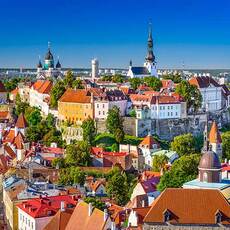
Hanover to Rheinhausen East

Hanover to Oberhaid

Hanover to Kaiserslautern
WHY YOU SHOULD TRAVEL BY TRAIN?
To travel from Hanover To Hamburg, trains would be the best travel choice, for several reasons:
1
Eco-Friendly
Trains are the most environmentally-friendly way of transport to the EU Environment Agency. They are powered by electricity, which is renewable and has a low environmental impact.
2
Speed
Travelling by train is in most cases the fastest way to go from Rome to Milan. Trains usually travel at high speeds, making them the fastest way to get from one place to another.
3
Safety
Travelling by train is one of the safest forms of transport. Trains are heavily regulated and monitored, making them safer than other forms of transport.
4
Price
Travelling by train is often cheaper than other forms of transport, such as flying or taking a bus. Trains are often subsidized by the government, making them cheaper than other forms of transport.
5
Luggage
Travelling by train is a great way to transport luggage. Trains usually have plenty of space for luggage and they are usually safe and secure.
6
Luggage
Travelling by train is often faster than other forms of transport, such as driving or taking a bus. Trains usually travel at high speeds, making them the fastest way to get from one place to another.
7
Comfortability
Travelling by train is usually very comfortable. Trains usually have comfortable seating and plenty of legroom, making them a great way to travel.
8
Comfortability
Travelling by train is a great way to get some sleep. Trains usually have comfortable seats and plenty of legroom, making them a great way to get some rest while travelling.
9
WIFI
This is not necessarily the most important when you travel since we prefer to tell you to enjoy your travel without your phones, but on trains, you can find WIFI onboard, so you remain connected to the internet if you choose to.
THESE ARE THE TRAIN OPERATORS WE WORK WITH




















